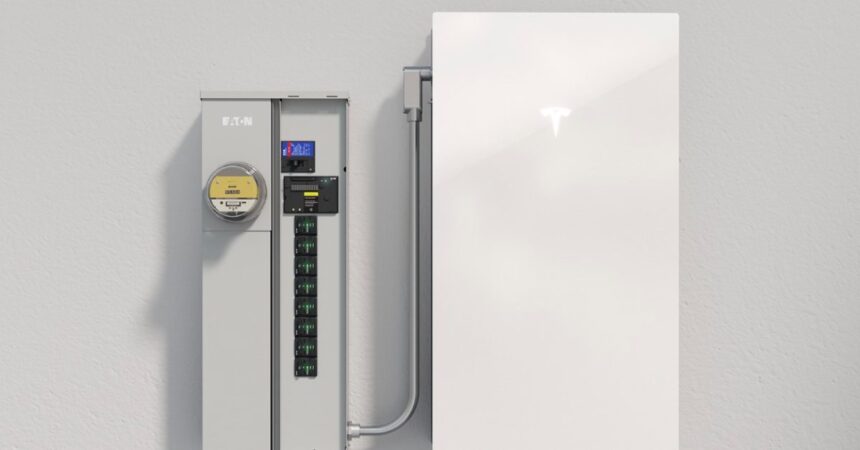Tesla Powerwall Alternatives: The Rise of Competition in the Home Battery Market
A recent report from EnergySage indicates a shift in consumer preferences for home solar buyers, with an increasing demand for Tesla Powerwall alternatives. This change comes as Tesla’s brand reputation faces challenges that have extended to its energy division.
Tesla has long been a dominant player in the home battery market, starting with the launch of the first Powerwall in 2015. The subsequent release of Powerwall 2 and Powerwall 3 solidified Tesla Energy’s position as a market leader. However, recent data shows a decline in the popularity of Powerwall among homeowners seeking battery solutions for backup power or to complement their solar systems.
According to EnergySage, there has been a noticeable decrease in the number of homeowners choosing a Powerwall quote since the beginning of the year. The report highlights that from January 1 to January 19, 73% of homeowners opted for a battery quote that included the Tesla Powerwall. This figure dropped to 64% between January 20 and March 10, indicating a shift in consumer preferences.
Moreover, EnergySage has observed a surge in homeowners specifically requesting Tesla alternatives in their quotes. In the first two months of 2025, mentions of Tesla in the quote process more than doubled compared to the same period last year. Additionally, 13.5% of homeowners expressed unfavorable views towards Tesla or Elon Musk, while 68% explicitly asked for a Tesla Powerwall alternative.
One solar installer, Renu Energy Solutions, reported that 78% of the home batteries installed last year were Tesla Powerwalls. However, the company is now experiencing a significant increase in requests for alternative battery solutions in 2025. Franklin batteries have emerged as a popular choice, with the Franklin aPower 2 offering similar specifications to the Powerwall 3 but with a better warranty.
While Tesla’s brand issues are influencing consumer decisions, the Powerwall remains a popular choice in the market. Despite the rise of competition, Tesla is unlikely to face a demand issue for the Powerwall due to the continued growth of the home solar industry and the need to offset rising electricity costs.
In conclusion, the emergence of Tesla Powerwall alternatives signals a shift in the home battery market landscape. While Tesla’s brand challenges have impacted consumer preferences, the company’s market dominance and the growing demand for solar and battery solutions ensure a steady demand for Powerwall. As competition in the market increases, homeowners have more options to choose from, ultimately driving innovation and affordability in the energy storage sector.





